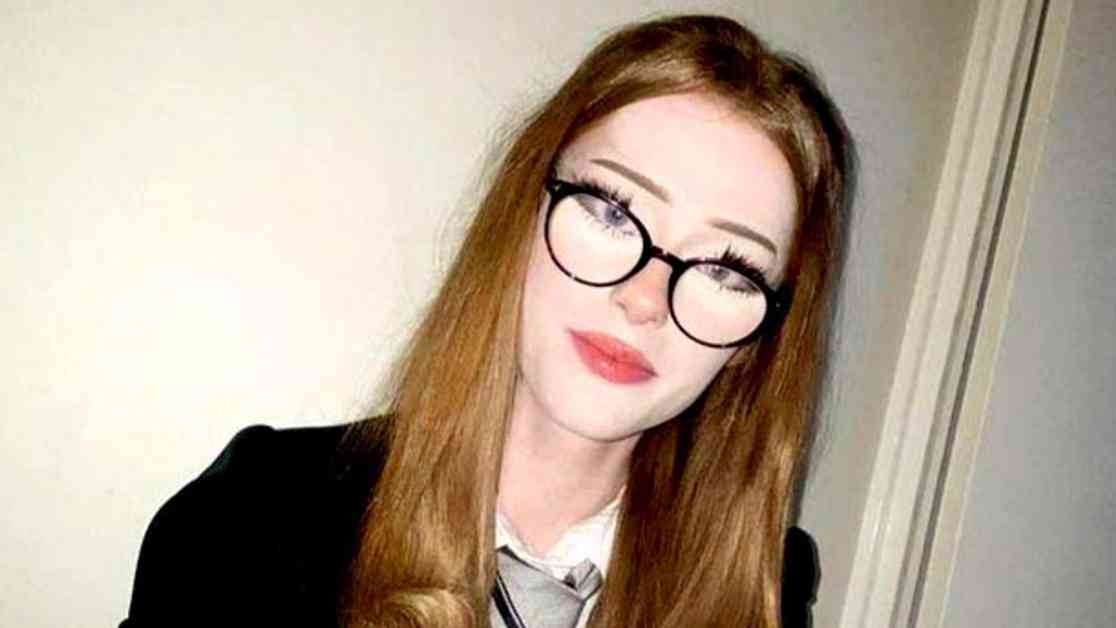Brianna Ghey, once known as an energetic and joyful child, tragically met her end in darkness at the age of 16. The recent inquest into her murder revealed the struggles she faced in her later years, shedding light on the mental health challenges she grappled with.
According to her mother Esther Ghey’s statement, Brianna’s mental health took a sharp decline during the lockdown period, where she spent a significant amount of time isolated in her room and immersed in the online world. Esther expressed her concerns about the negativity Brianna seemed to gravitate towards, indicating a shift in her daughter’s demeanor and interests.
Despite being referred for treatment for ADHD, autism, and anorexia, Brianna refused to engage with mental health services, including the Child Adolescent Mental Health Service (CAMHS). This refusal to seek help likely contributed to the downward spiral that ultimately led to her tragic fate.
Esther lamented the lack of adequate mental health treatment available to Brianna, highlighting a sense of helplessness in the face of her daughter’s struggles. The inquest also touched upon Brianna’s social life, with mentions of her friendship with Scarlett Jenkinson, one of the individuals later convicted of her murder.
The heartbreaking testimony given by Esther painted a picture of a once vibrant and imaginative girl who succumbed to the darkness that enveloped her in her teenage years. The inquest proceedings serve as a stark reminder of the importance of mental health awareness and the need for accessible and effective support systems for individuals facing similar challenges.
As we reflect on Brianna’s story, it is essential to consider the impact of mental health on young individuals and the significance of early intervention and support. The tragic outcome of Brianna’s journey underscores the critical role that mental health services play in providing assistance and guidance to those in need.
In memory of Brianna Ghey, may her story serve as a catalyst for change and a reminder of the importance of prioritizing mental health and well-being in our communities. Let us honor her memory by advocating for better mental health resources and support for individuals facing similar struggles, ensuring that no one has to navigate the darkness alone.




















